All freight brokers need a surety bond in order to get their license but one thing that is not always made clear is what type of surety bond they need.
There are lots of different kinds of surety bonds out there, but which one is necessary for freight brokers so they can receive their license?

Here we are going to be looking at freight brokers and the type of surety bonds they should be looking into in order to get their freight broker license.
So, if you are confused about which surety bond you need, the answer is just a few sentences away!
In order for a freight broker to be able to complete their work, they need to be issued a legitimate freight broker license by the Federal Motor Carrier Safety Administration (FMCSA).
The FMCSA is the authority that regulates all freight brokers and forwarders and without one of their licenses, a freight broker cannot start their business operations or transport any goods.
They are required by law (49 USC 13906) to secure a surety bond for their license.
There are many requirements a freight broker must meet before they can be issued their license and one of them is to have proof of insurance coverage - either in the form of a surety bond or a trust fund agreement.
Without one of these things, the freight broker will not be issued their license and not be able to continue their business.
So, what type of surety bond will the FMCSA accept?
The FMCSA will only accept a surety bond of at least $75,000. This means that the type of surety bond required for freight brokers in order for them to receive their license is BMC-84.
Before 2012, the bond amount was only $10,000 but it jumped up to $75,000 to ensure absolute compliance by bonded freight brokers to the rules and regulations set in place by the FMCSA to protect other motor carriers and shippers.
By undertaking this surety bond, freight brokers are guaranteeing that they will perform their work with the utmost care to other carriers and shippers, and that they will carry through all their contracts and agreements.
In the event of any fraud or fails on the freight broker’s side of the deal, then the other shipper and carriers involved in the deal will be covered by the surety bond.
The application process for a BMC-84 surety bond is actually very quick and simple. There are many insurance agent services available to help speed up the process, or you can go straight to the surety company themselves.
They will then look at your historical losses, your personal credit score, and financial statements to see how much of a risk your business is.
This can affect the rates of which you will be offered your surety bond and thus, how much you pay upfront.
Then, you will have to fill out the BMC-84 form and submit it yourself along with evidence of your surety bond.
You can either do this in person or fill in the form electronically. There is a PDF version of the BMC-84 application form available on their website which is free to access and download.
Once your application has been approved, your license bond is valid for one year from the date it is issued and you will be given a digital copy.
If either you or your surety company ever want to terminate your surety bond, you will need to give the FMCSA 30 days notice of your cancellation.
Now that you have your surety bond of $75,000, you can apply for your freight broker license. However, there are still some other requirements that you will also have to meet alongside your evidence of your surety bond.
First, you have to register your business and classify it based on the FMCSA’s criteria. This can be done online through the Unified Registration System.
Then, you need to apply for broker authority through the FMCSA. This can be done by submitting Form OP-1. There will be a filing fee of between $300 to $600 so be prepared to pay this fee upright but once it is done, you will get your motor carrier number.
This motor carrier number is necessary for the rest of the steps in this process.
You will need your motor carrier number when applying for your surety bond. Once you have secured your surety bond, you will need to find yourself a process agent who can accept court papers on your behalf.
Once you have your process agent, you will need to file form BOC-3 for the FMCSA to declare your choice.
Then, finally, you can register with the FMCSA through the URS to combine all the forms together and be given your freight broker license.
With your license finally approved and secured, you can get down to business and start your work.
So, a surety bond is an absolute must have for every wannabe freight broker because without it, you cannot secure your freight broker license.
This means you can’t work as a freight broker because the regular authority of freight brokers (the FMCSA) has refused you the legal right to run this kind of business.
So, all freight brokers need to secure themselves a surety bond of $75,000 under BMC-84. Once you have secured your surety bond and have evidence, you can submit it to the FMCSA and carry out the rest of the steps needed to secure your freight broker license.
So, follow the steps above to get your surety bond and before you know it, you will have that precious license in your hands and you can get on with your freight broker business. Good luck!
